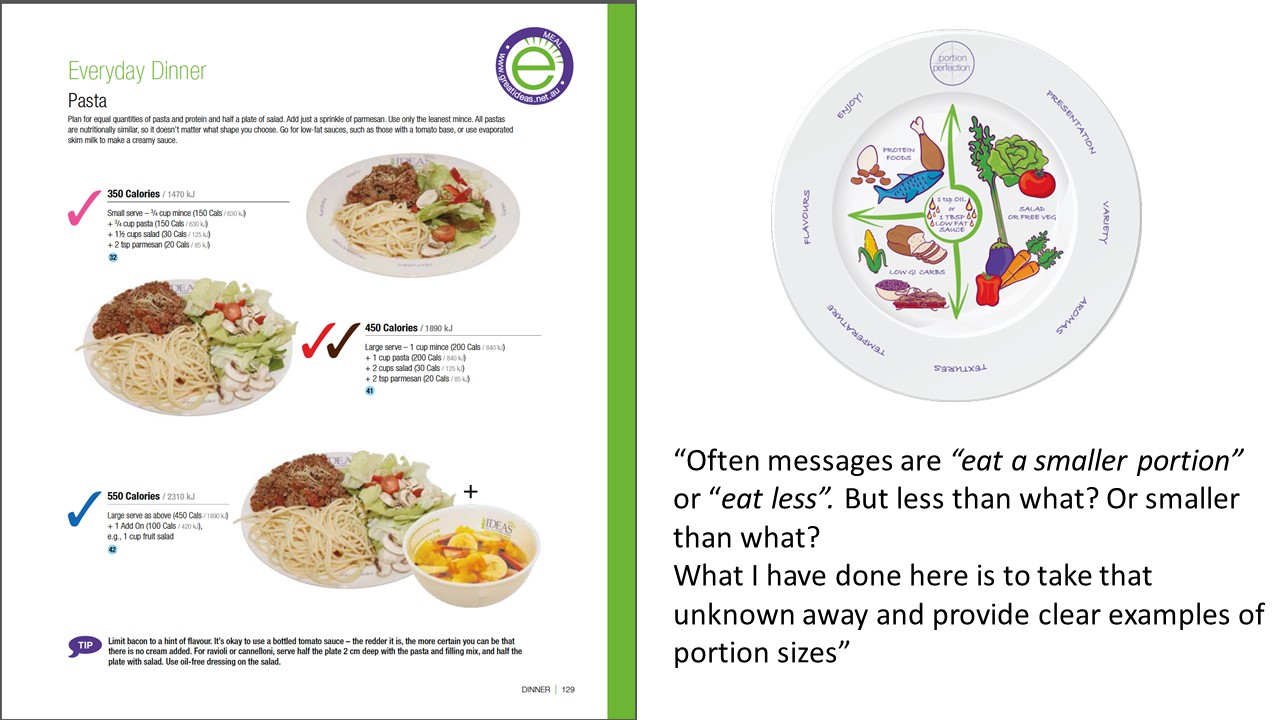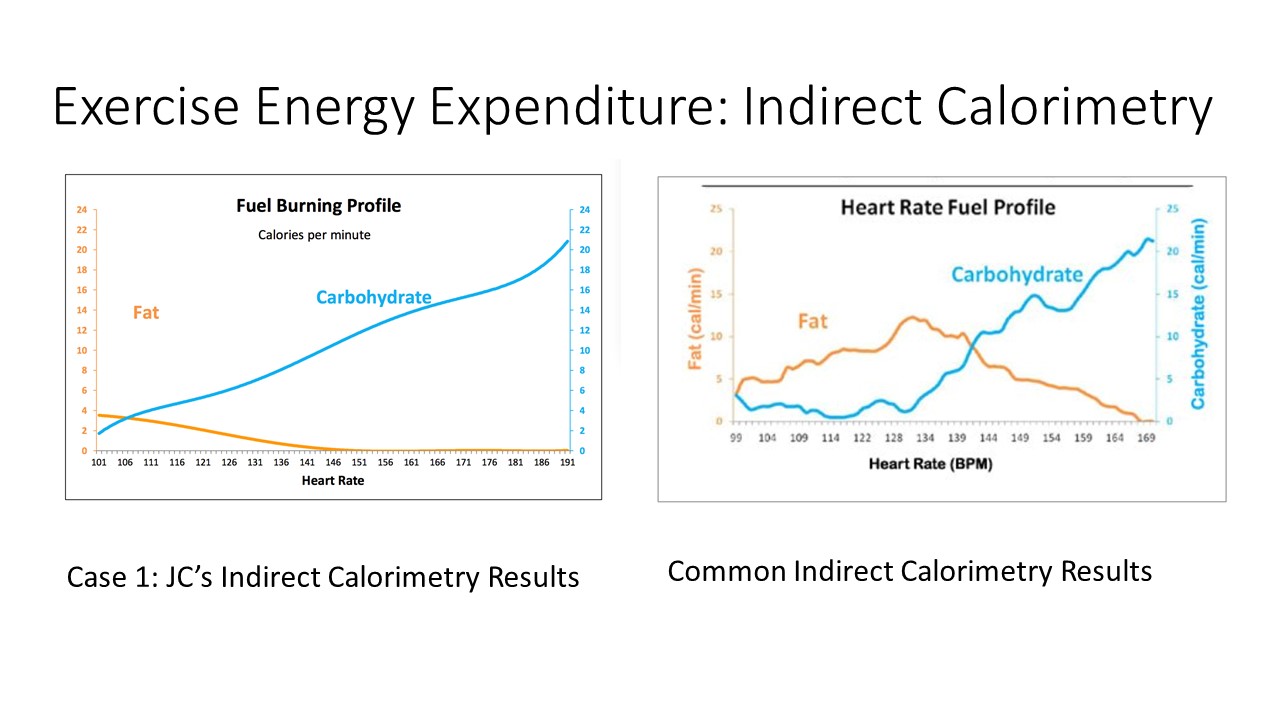Two weight management case studies by Amanda Clarke, AdvAPD
 Anthea Talliopoulos, APD
Anthea Talliopoulos, APD
With weight management being a very common reason for dietetic referral, it is crucial that we address this area with confidence, meeting the client where they are at. Clients have often presented having tried numerous fad diets and unsuccessful weight-loss journeys, being willing to try whatever it takes to lose weight. Meeting clients with empathy, completing a thorough nutrition assessment, discussing previous weight-loss attempts, and considering comorbidities and the client’s mental health are crucial in ensuring long-term success.
In this informative presentation, Advanced Accredited Practising Dietitian Amanda Clarke describes her approach in supporting two clients with long-term weight-loss. Amanda talks us through two very different case studies with variable physical activity levels. She discusses the importance of utilising anthropometric analyses through bioelectrical impedance analysis (BIA), waist circumference and visceral fat in tracking weight-loss journeys and in determining an appropriate goal weight, beyond simply using BMI. She also explains the utilisation of resting energy expenditure and exercise energy expenditure assessments in working out the cause of excess body fat.
In the first case study, she talks us through the journey of a young client following bariatric surgery who found success through having regular portioned meals, increasing physical activity through methods of varying intensity to increase fat oxidation, and considering the use of medium-chain triglycerides and coenzyme Q10 to support fat-burning. In the second case study, a sedentary client is able to move beyond their previous inactivity and back pain and get back to living a much more active lifestyle and continue to eat in moderation, watching their portion sizes.
Each of the clients in these case studies had favourable outcomes such through losing weight long-term with loss of body fat and visceral fat, improved biochemical markers, improved energy levels and mood, indicating that lifestyle changes had a significant impact on numerous aspects of their life.
Summary:
- Thorough screening is required in clients seeking weight-loss; collaborating with a psychologist and exercise physiologist may be warranted.
- Determining the cause of excess body weight can be complex, and using tools such as bioelectrical impedance analysis (BIA), determining resting energy expenditure and exercise energy expenditure should be considered.
- At times, weight management can be overcomplicated and bringing clients back to the basics of monitoring their portions and checking in with mindful eating cues can have a significant impact on their weight-loss journey.
Amanda Clark is an Advanced Accredited Practising Dietitian with over 25 years’ experience and is a winner of two national awards including the DAA President’s Award for Innovation. Amanda focusses her interest on dietary and behavioural weight management strategies for individuals, including those associated with bariatric surgery. Amanda believes in identifying opportunities for effective change in the client’s diet/lifestyle to find the maximum effect on energy balance with the least perceived effort/willpower. She has found her most effective approach to be portion control and has developed the Portion Perfection pictorial guides and physical tools to assist clients to serve and eat the right amount for their goals. These tools are used widely by practitioners and consumers in Australia and the US. Amanda’s concept incorporates healthy eating, mindfulness and portion control using an innovative visual approach suitable for all literacy levels. Broad flexibility in food choice assists users to limit the perception of restriction when applying weight-loss strategies.
To register for the presentation and associated documents including the assessment quiz click here

